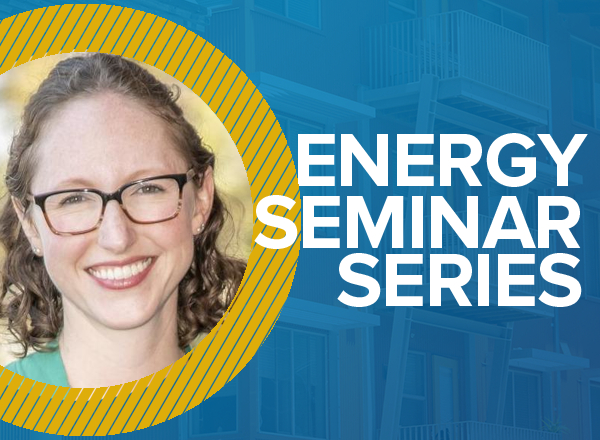
Friday, October 25th, 2024 | 10:30 am – 11:50 am
Corinne Scown, Deputy for Research, Energy Analysis & Environmental Impacts Division, Lawrence Berkeley National Laboratory
Location: 1605 Tilia Street, Suite 100, Davis, CA
Watch Video
(passcode: ucdenergy)
Dr. Corinne Scown will discuss the role of the technological strategies by which bio-based energy production, chemicals, and carbon removal strategies achieve mitigation and sequestration, and what kinds of analytical approaches will be needed to prioritize and verify them into the future. The seminar will include case studies on biorefineries that make biofuel and capture CO2, biorefineries that co-process organic waste and biomass to make a range of products, and facilities that convert organic waste to usable energy.
Corinne Scown is a Senior Scientist at Berkeley Lab, founder of the Life-cycle, Economics, and Agronomy Division at the Joint BioEnergy Institute, and Head of Sustainability at the Energy and Biosciences Institute. Scown’s expertise includes life-cycle assessment (LCA) and technoeconomic analysis (TEA) applied to agricultural systems, biofuels, bioproducts, and carbon dioxide removal. She leads the development of online tools for TEA, LCA, and bio-based feedstock assessment, including BioC2G and the Biositing tool. Scown was awarded the ACS Sustainable Chemistry & Engineering Lectureship in 2022 for her work on TEA and LCA of emerging technologies and recently served as a member of the NASEM Committee on Current Methods for Life Cycle Analyses of Low-Carbon Transportation Fuels in the United States. She received her Ph.D. from UC Berkeley. She is currently on part-time detail to the U.S. Dept. of Energy as a senior advisor on clean fuels.
